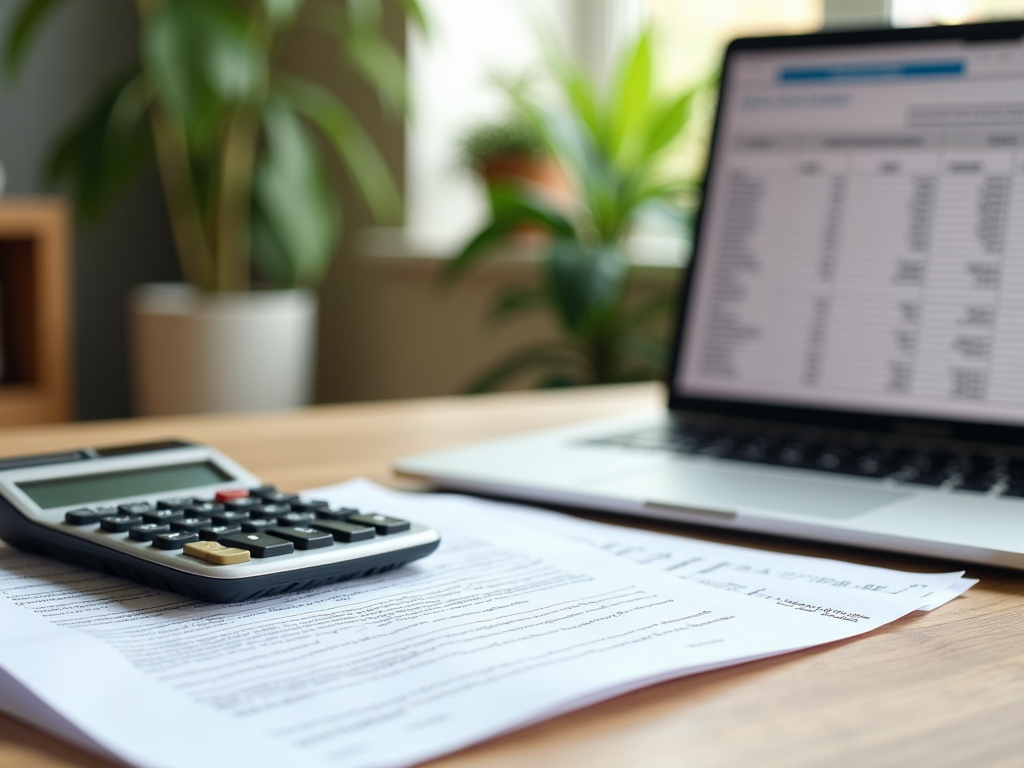Calculating the Return on Investment (ROI) for Dubai real estate is crucial for investors looking to optimize their portfolios. Understanding how to effectively assess ROI allows investors to make informed decisions based on potential earnings versus expenses. This article will guide you through the essential steps of calculating ROI, highlighting key factors to consider, and providing practical examples for better understanding.
Understanding ROI in Real Estate

ROI in real estate refers to the ratio of money earned or lost relative to the amount invested. In the context of Dubai’s dynamic property market, ROI can illustrate the profitability of an investment in comparison to other investment opportunities. The formula for calculating ROI typically follows this structure:
- Determine the total investment costs, including purchase price, closing costs, and renovation expenses.
- Calculate the gross rental income, factoring in occupancy rates and additional income streams.
- Subtract the total investment costs from the gross rental income to find the net profit.
- Divide the net profit by total investment costs and multiply by 100 to express ROI as a percentage.
This simple formula demonstrates how ROI helps investors evaluate the relative success of their investments, guiding further financial decisions.
Factors to Consider in Dubai’s Real Estate Market

When calculating ROI, several factors specific to the Dubai market should be taken into account. These factors influence both the potential risks and rewards of your investment. Key considerations include:
- Market Trends: Stay updated on Dubai real estate market trends that could affect property values and rental yields.
- Location: Properties in prime locations typically generate higher rental income and appreciation.
- Property Type: Different property types, such as residential vs. commercial, can yield varied returns on investment.
- Regulatory Environment: Understand local regulations that could impact returns, like rental laws and property taxes.
- Economic Factors: Monitor economic indicators that influence the local market, such as employment rates and foreign investments.
Being aware of these factors can significantly enhance an investor’s strategy and provide a clearer picture of potential ROI.
Let’s put this into practice with a simple example. Suppose you purchased a property in Dubai for AED 1,000,000. You invested an additional AED 100,000 in renovations, bringing your total investment to AED 1,100,000. If the property generates AED 150,000 in annual rental income, the calculation of ROI would look like this:
- Total Investment Costs: AED 1,100,000
- Annual Rental Income: AED 150,000
- Net Profit: AED 150,000 – AED 1,100,000 = AED 150,000
- ROI: (AED 150,000 / AED 1,100,000) x 100 = 13.64%
This example highlights how determining ROI can provide a clear indication of how the investment is performing, enabling you to compare it against other investment opportunities.
Evaluating Risks vs. Rewards
Understanding the balance between risks and rewards is essential when calculating ROI. In Dubai’s real estate market, various risks could affect your investment returns, including market volatility and changes in demand. Here’s how to evaluate these aspects:
- Market Volatility: Monitor how fluctuations in the market affect property values and rental prices.
- Vacancy Rates: Assess local demand to lower the risk of long vacancy periods that can erode rental income.
- Quality of Tenants: High-quality tenants lower the risk of defaulting on rent, ensuring stable income.
- Investment Horizon: Longer holding periods can help mitigate risks associated with short-term market fluctuations.
- Diversification: Spread your investments across various property types or locations to reduce risk.
By assessing the risks associated with your real estate investments, you can develop strategies to enhance your ROI.
Conclusion
Calculating ROI on Dubai real estate investments is vital for any property investor looking to maximize their financial returns. By understanding the formulation of ROI and considering local market dynamics, you set yourself up for a successful investment journey. Always remember to balance the potential risks with the expected rewards to ensure your investment strategy is both sound and informed.
Frequently Asked Questions
1. What is considered a good ROI in Dubai real estate?
A good ROI in Dubai typically ranges from 5% to 10%, although this may vary significantly based on specific market conditions.
2. How do I increase my ROI on real estate investments?
You can increase your ROI by improving property management, enhancing property value through renovations, and selecting prime locations with strong demand.
3. Are there specific tax implications for real estate investments in Dubai?
Dubai has no property taxes, but investors should be aware of fees such as registration and maintenance costs that can impact ROI.
4. Is investing in off-plan properties a good strategy for ROI?
Off-plan properties can offer high potential returns, but they come with risks related to construction delays and market demand shifts.
5. Should I consider hiring a property manager for better ROI?
Hiring a property manager can enhance ROI by ensuring tenant satisfaction, maintaining the property, and reducing vacancy rates.










